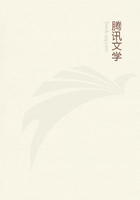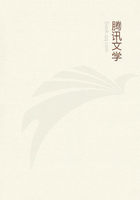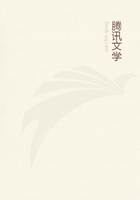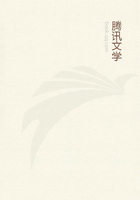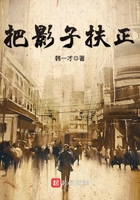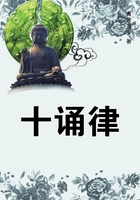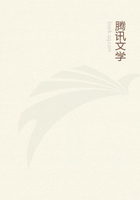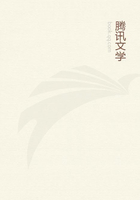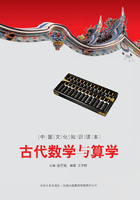The truth is, that people of the present and the last two or three generationshave lost all practical sense of the primitive condition of humanity; andonly the few who have studied history accurately, or have much frequentedthe parts of the world occupied by the living representatives of ages longpast, are able to form any mental picture of what society then was. Peopleare not aware how entirely, informer ages, the law of superior strength wasthe rule of life; how publicly and openly it was avowed, I do not say cynicallyor shamelessly -- for these words imply a feeling that there was somethingin it to be ashamed of, and no such notion could find a place in the facultiesof any person in those ages, except a philosopher or a saint. History givesa cruel experience of human nature, in showing how exactly the regard dueto the life, possessions, and entire earthly happiness of any class of persons,was measured by what they had the power of enforcing; how all who made anyresistance to authorities that had arms in their hands, however dreadfulmight be the provocation, had not only the law of force but all other laws,and all the notions of social obligation against them; and in the eyes ofthose whom they resisted, were not only guilty of crime, but of the worstof all crimes, deserving the most cruel chastisement which human beings couldinflict. The first small vestige of a feeling of obligation in a superiorto acknowledge any right in inferiors, began when he had been induced, forconvenience, to make some promise to them. Though these promises, even whensanctioned by the most solemn oaths, were for many ages revoked or violatedon the most trifling provocation or temptation, it is probably that this,except by persons of still worse than the average morality, was seldom donewithout some twinges of conscience. The ancient republics, being mostly groundedfrom the first upon some kind of mutual compact, or at any rate formed byan union of persons not very unequal in strength, afforded, in consequence,the first instance of a portion of human relations fenced round, and placedunder the dominion of another law than that of force. And though the originallaw of force remained in full operation between them and their slaves, andalso (except so far as limited by express compact) between a commonwealthand its subjects, or other independent commonwealths; the banishment of thatprimitive law even from so narrow a field, commenced the regeneration ofhuman nature, by giving birth to sentiments of which experience soon demonstratedthe immense value even for material interests, and which thence forward onlyrequired to be enlarged, not created. Though slaves were no part of the commonwealth,it was in the free states that slaves were first felt to have rights as humanbeings. The Stoics were, I believe, the first (except so far as the Jewishlaw constitutes an exception) who taught as a part of morality that men werebound by moral obligations to their slaves. No one, after Christianity becameascendant, could ever again have been a stranger to this belief, in theory;nor, after the rise of the Catholic Church, was it ever without persons tostand up for it. Yet to enforce it was the most arduous task which Christianityever had to perform. For more than a thousand years the Church kept up thecontest, with hardly any perceptible success. It was not for want of powerover men's minds. Its power was prodigious. It could make kings and noblesresign their most valued possessions to enrich the Church. It could makethousands in the prime of life and the height of worldly advantages, shutthemselves up in convents to work out their salvation by poverty, fasting,and prayer. It could send hundreds of thousands across land and sea, Europeand Asia, to give their lives for the deliverance of the Holy Sepulchre.
It could make kings relinquish wives who were the object of their passionateattachment, because the Church declared that they were within the seventh(by our calculation the fourteenth) degree of relationship. All this it did;but it could not make men fight less with one another, nor tyrannise lesscruelly over the serfs, and when they were able, over burgesses. It couldnot make them renounce either of the applications of force; force militant,or force triumphant. This they could never be induced to do until they werethemselves in their turn compelled by superior force. Only by the growingpower of kings was an end put to fighting except between kings, or competitorsfor kingship; only by the growth of a wealthy and warlike bourgeoisie inthe fortified towns, and of a plebeian infantry which proved more powerfulin the field than the undisciplined chivalry, was the insolent tyranny ofthe nobles over the bourgeoisie and peasantry brought within some bounds.
It was persisted in not only until, but long after, the oppressed had obtaineda power enabling them often to take conspicuous vengeance; and on the Continentmuch of it continued to the time of the French Revolution, though in Englandthe earlier and better organisation of the democratic classes put an endto it sooner, by establishing equal laws and free national institutions.

